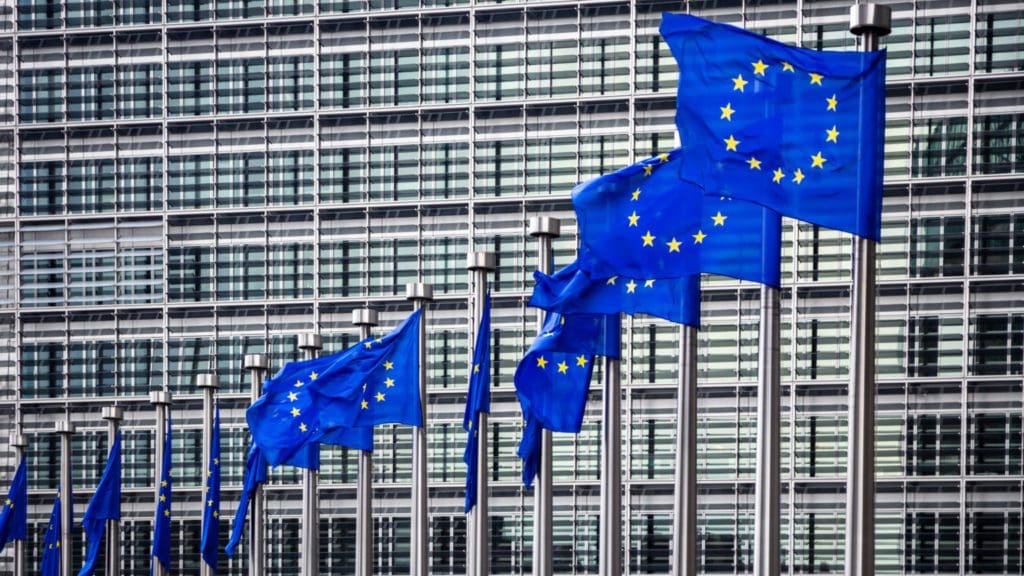Facebook once again showed its true colours when anonymous censors of the service provider struck down the pages of some Hungarian government-linked political organisations like a bolt from the blue, citing vague reasons. The socila media company decided, for apparently no clear reason, to make the accounts of certain local Fidesz chapters inaccessible. The series started with the Fidesz page in Ferencváros, followed by that of the Fidesz chapter in Vác, and shortly afterwards the Fidesz page in Szeged. The striking curiosity about the bans is that Facebook blocked the pages of Fidesz organisations located in districts or settlements where the party is in opposition.
In addition, adding special piquancy to the matter, after the story made headlines in the national press, both the Fidesz Vác and the the Fidesz Ferencváros pagers became available again.
Social Media Companies Have More Power than Nation-States
The regulation of online platforms is one of the most divisive, yet one of the most important topics in domestic and EU legislation. One of the most contentious issues of the discussion is the relationship between social media business practices and national sovereignty. The business practices followed by the platforms, including the often-opaque complaint-handling and increasingly frequent censorship, as well as the continually spreading illegal content and violations of various basic rights are compelling decision-makers to expand and tighten regulations related to social media service providers.
While many would argue the contrary, I believe
implementing tighter and more expansive regulations is the right way to go,
because, while social media in itself does not necessarily pose a threat to the sovereignty of nation-states, under certain circumstances, in an excessively loose regulatory framework, in the absence of proper official control, they can emerge as a a major threat.
Today, the way of online communication has fundamentally changed, traditional media have not disappeared, but they have lost their former importance in terms of their reach and opinion-forming effect on people. Today, social networking sites have become the most important means of contact, the primary arenas for communication and information, thereby involving broad layers in the simple and quick access to information and news. However, the importance of community sites goes beyond the above, as their goal is to become the primary arena for information acquisition, advertisements and business opportunities, as well as political discourse. In addition to all this, political actors have also discovered the potential of fast and direct communication provided by social media. Thanks to these platforms, politicians can deliver their messages very fast to large masses of voters, so it is not even necessary to exaggerate the extent to which these platforms are able to influence the public sector. Thus, on the one hand, social media sites provide fast, direct communication to the political messenger, but on the other hand there is a risk, as has now been proven, that sites that convey political messages are more vulnerable to censorship by operators than before.
Do Advantages Outnumber the Disadvantages?
Social media is a great tool as its provides an opportunity for people to express their opinions, communicate freely, exchange information and channel their insights into the news feed of the wider public, as well as for like-minded people or people interested in the same topic to get to know each other. At the same time, the communication opportunities provided by social media are global, and reach across borders. That raises problems such as possible infringements on national sovereignty by interfering in elections vial social media or
blocking certain political forces from sharing their message.
In addition, certain fundamental freedoms may also be violated in the process of the social media companies moderating the content they host, not to mention the ethical questions that arise in many cases.
Most importantly, we must note that in most cases, social media platforms are operated by multinational companies, which, in various ways, try to find loopholes and evade the provisions of national legislation, including evading paying taxes or complying with freedom of expression laws. Essentially, to some extent, the owners of social media sites can determine the rules according to which they operate their own interfaces.
Also, thanks to their huge user base, the largest social media sites have become unavoidable power factors, having a huge potential to influence public thinking. They can determine who, how and what can say, although this is done mostly indirectly, through business-interests- driven algorithms. Yielding to the pressure of progressive and woke ideologues, most service providers also develop principles of behaviour expected on their platform, and those who allegedly do not conform can be cancelled.
To make matters worse, social media platforms remove themselves from under state jurisdiction, and with regulations falling outside legal systems, they have a serious, in many cases negative, impact on the enforcement of fundamental rights. In other words, we can say that platforms with billions of users worldwide have become the main decision-makers of online communication and expression, who decide in their own authority, without democratic legitimacy, what content can or cannot be published in the virtual space. On top of all that, the interpretation of the substantive regulations drawn up by themselves is also carried out by a non-transparent body, also not subject to state control.
Social Mission and Business Interests
Influencing the content that is presented to users is a behaviour that, in addition to algorithms, is naturally influenced by human factors, because it is obvious that the operators of social media sites are also individuals with their independent worldviews, political beliefs and value systems. But content moderation falls victim not only to political convictions, but also to business interests, as a result of which public discourse can be distorted in detrimental ways.
It is a fact that in recent years, in order to protect their national sovereignty, some countries have already started to regulate social media platforms
to ensure compliance with the law and the protection of national interests.
The European Union has also made strides in that direction. However, in my view, this is far from enough. The biggest challenge for the European Union and national governments will be to create a regulatory environment in which social media platforms develop their operating models within the framework of state- or higher levels of regulation.
In summary, I believe that finding a balance between freedom of speech and national sovereignty is key. In addition, I would argue that optimal regulation can be achieved only by close cooperation between nations, as, at the end of the day, unless a proper international framework is designed, the sovereignty of all states may be endangered, and eventually, the business interests of private companies may get the better of social interests and values.
The views expressed by our guest authors are theirs and do not necessarily represent the views of Hungarian Conservative.







